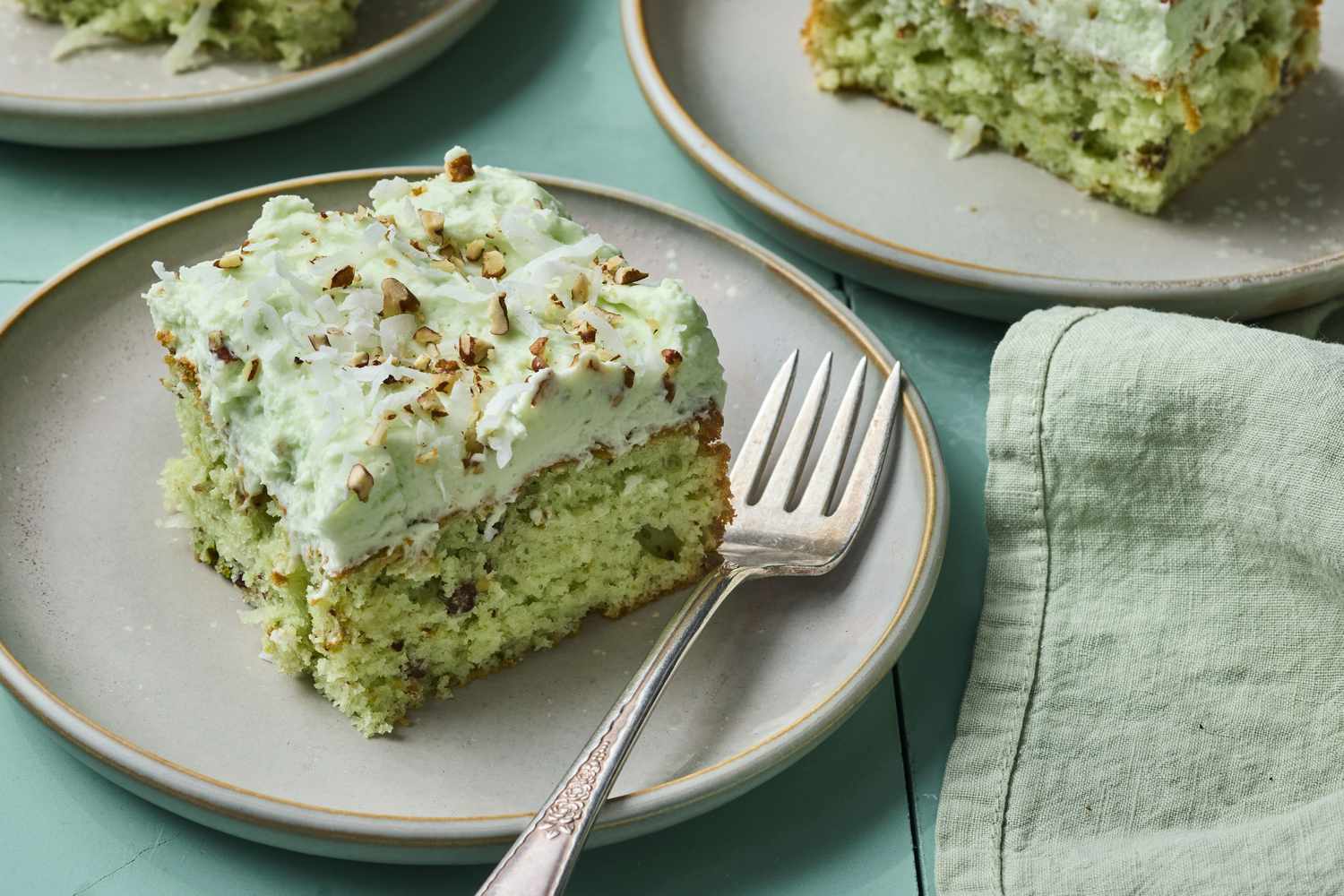
This Underrated Drink Could Help Slow the Progression of Alzheimer’s, New Study Says
Key Takeaways
- This study suggests that regularly consuming kefir may be beneficial for slowing Alzheimer’s disease.
- Kefir is a versatile fermented food that you can drink by itself or use in recipes.
- More studies with humans should be done to know if kefir is safe and effective when consumed with drugs for Alzheimer’s.
Alzheimer’s disease is the most common type of dementia, accounting for 60% to 80% of all dementia cases. As of 2024, about one in nine people aged 65 and older were living with the disease in the U.S.—that’s almost 7 million Americans. Unfortunately, there isn’t a cure for Alzheimer’s. And while some researchers are looking for solutions, others are focusing their efforts on ways to prevent the disease from developing in the first place—or at least slow it down.
While we know that no one food is a magic solution for any disease, some foods can be heavy hitters when it comes to disease prevention. For a recent study, researchers in South America and Denmark got together and performed a systematic review and meta-analysis on kefir, a kind of fermented milk that originated in the Balkans and Eastern Europe.
The research team chose to look deeper into kefir because there is evidence that a healthy gut microbiome may play a role in Alzheimer’s disease prevention. We know that foods like kefir contribute probiotics, those gut-loving bacteria. And it turns out, kefir contributes more than just that. These researchers published their findings in April 2025 in Brain Behavior and Immunity Integrative. Let’s break down what they found.
How Was This Study Conducted?
Study authors searched research databases for studies that had been done on kefir and neurodegenerative diseases. Neurodegenerative diseases include Alzheimer’s disease, as well as others, like Parkinson’s disease, Lewy body dementia and Huntington’s disease. They then began whittling down the list of studies to just those that included data on kefir and Alzheimer’s disease.
They ended up with seven studies—four on rodents (rats and mice), two on fruit flies and one on humans.
What Did This Review Find?
Several findings surfaced between these seven studies. Specifically, researchers found that subjects who had consumed kefir had:
- less beta-amyloid protein accumulation in the brain (four of the studies)
- higher antioxidant activity and reduced oxidative damage (five studies)
- reductions in neuro-inflammation (three studies)
- lower levels of brain cell death (three studies)
- enhanced insulin and glucose pathways in the brain (three studies)
- restoration of the intestinal lining (two studies)
In the human study specifically, kefir was associated with higher levels of antioxidant activity and better performance on several memory tests for people diagnosed with Alzheimer’s disease.
Study Limitations
- This systematic review and meta-analysis included just one human study. Because non-human studies do not always translate to the same results in humans, we cannot say with a high degree of certainty that these results apply to humans.
- Researchers note that because kefir can differ in composition, depending on how it’s made, it presents a significant limitation when comparing the results of different studies on kefir’s benefits.
- Researchers also note that larger, long-term human studies need to be performed to understand the safety and effectiveness of kefir as a complementary therapy alongside drugs taken for Alzheimer’s disease. This means that, based on current research, they cannot confidently say whether kefir is helpful or safe alongside other treatments for Alzheimer’s disease.
How Does This Apply to Real Life?
Even if you aren’t concerned about your Alzheimer’s risk, kefir may still be a gut-healthy beverage worth adding to your routine. Plain kefir is a bit more sour-tasting than plain yogurt, but it’s a great addition to smoothies since it doubles as the liquid and is a probiotic. But that’s not all kefir contributes.
According to these researchers, kefir is also loaded with other healthy components, including protein, unsaturated fatty acids, carbohydrates and a wealth of vitamins and minerals, including vitamins A, D, E and K, B vitamins, calcium, phosphorus, potassium and zinc.
Many of the carbohydrates in kefir are complex carbohydrates, which feed the beneficial bacteria in the kefir and your gut, helping them to thrive and multiply. And if you’re lactose intolerant, there’s a chance your gut can tolerate kefir, since the process of making it reduces the amount of lactose to almost nothing.
If plain kefir makes you pucker, you can find sweetened, flavored versions of kefir, usually in fruity flavors on the yogurt aisle. Just beware the sugar content, since many flavored varieties average around 8 grams of added sugar in an 8-ounce serving. With that said, if you don’t eat a lot of added sugar, this easily fits within the American Heart Association’s recommendation of limiting added sugar to no more than 25 grams a day for women and 36 grams a day for men.
Kefir also comes in various levels of fat, depending on what type of milk was used to make it—from low-fat to whole-milk. And there are other varieties, including organic, grass-fed and A2 kefir made from A2 milk.
Don’t do dairy? There’s something for you, too, since kefir can also be made from non-dairy milks. You’re most likely to see non-dairy kefir made from coconut milk, but you may also find it made from soy and oat milks. There’s even water kefir that you can make yourself by purchasing water kefir grains.
Use kefir in any of your favorite smoothie recipes, including options like our Berry-Kefir Smoothie. Plain kefir can be used in place of buttermilk in your favorite baked goods, including pancakes, waffles and muffins. It can also be used as the buttermilk base of dressings, like Ranch dressing. Or replace the milk in your mac and cheese recipe with plain kefir for an added probiotic boost. And of course, you can also sip it on its own.
The Bottom Line
Eating probiotic foods like kefir that enhance the gut microbiome is showing promise in playing a positive role in Alzheimer’s disease prevention. However, much more human research needs to be done. Until then, following an eating pattern like the MIND diet, which includes foods that have been shown to benefit brain health, is a good place to start. Besides fermented foods like kefir and yogurt, the MIND diet is also loaded with fruits, vegetables, whole grains, legumes, nuts, seeds and healthy fats. It also includes lean proteins like chicken and seafood, and limits ultra-processed foods, red meat, sugar and salt.
In addition to food, other habits also play a role in brain health. If you smoke, get help to quit. Alcohol isn’t great for your brain health, so if you don’t drink, don’t start. If you do, limit your intake to no more than one or two drinks a day—though less is probably better. Loneliness is also a risk factor for dementia, so be sure you’re spending time with loved ones on a regular basis. Good sleep and regular exercise can help you out, too.
If that list seems overwhelming, take a deep breath and try improving just one thing at a time. Start with walking around the block a couple of days a week or limiting screen time before bed for better sleep. Small steps can lead to big changes when it comes to your health.










